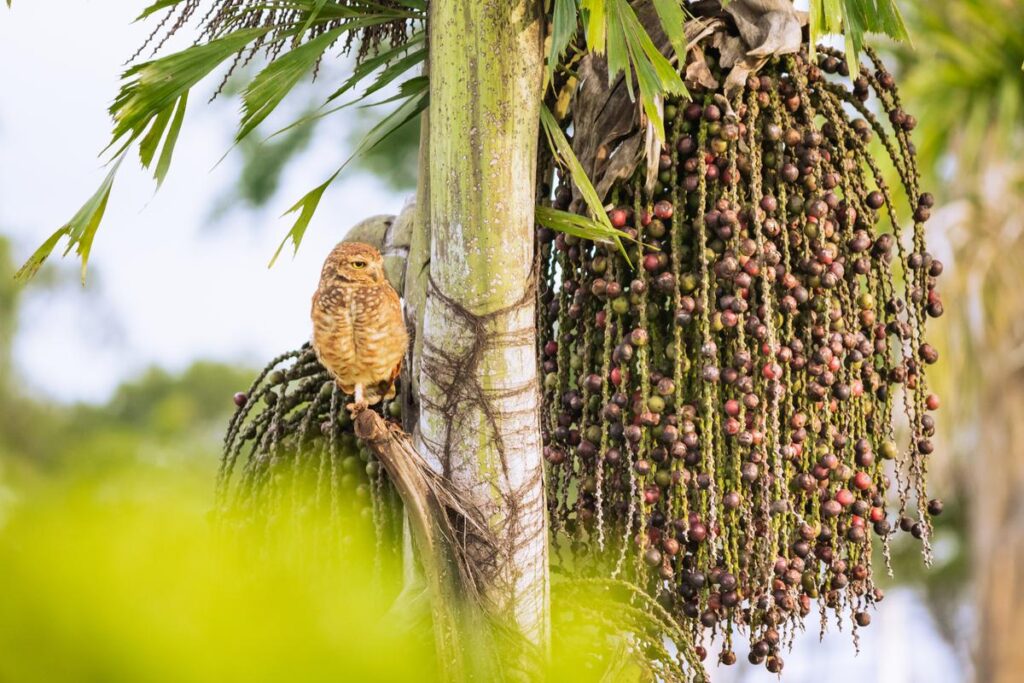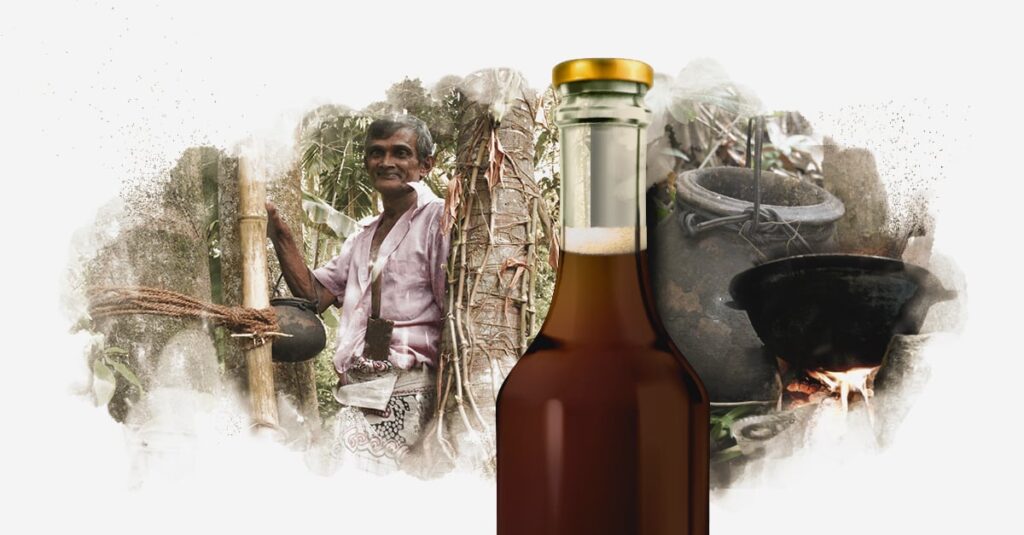While the Kithul industry in Sri Lanka has its significance and benefits, it also faces certain challenges. Some of the key challenges for the Kithul industry are:
- Climate Change: Climate change poses a significant threat to the Kithul palm trees. Changes in temperature and rainfall patterns can affect the growth and productivity of the trees, leading to reduced sap yields. Extreme weather events, such as droughts or storms, can also damage or destroy the palm trees, impacting the overall industry.

- Limited Awareness and Market Reach: Despite the unique qualities of Kithul treacle and syrup, there is a limited awareness and understanding of these products outside Sri Lanka. Expanding the market reach and creating awareness about the health benefits and culinary uses of Kithul products would require marketing efforts and targeted promotion.
- Adulteration and Price Distortion: Adulteration is done using ingredients such as sugar or other cheap sweeteners. This compromises the purity and authenticity of the Kithul treacle, deceiving consumers and undermining the reputation of genuine producers. Price distortion occurs when the market value of Kithul treacle is manipulated or misrepresented, leading to unfair pricing practices. The low quality adulterated products are sold at lower price so that producers may receive lower prices for their genuine products, leading to reduced incomes and discouragement to continue production. On the other hand, consumers may be charged higher prices for adulterated or low-quality treacle, resulting in a loss of trust and dissatisfaction.
- Lack of Modernization and Technology Adoption: The Kithul industry often relies on traditional methods of sap tapping and processing. The lack of modernization and technology adoption can hinder efficiency, productivity, and quality control. Incorporating modern techniques and equipment could help streamline the production process and enhance product quality.
- Labor Shortage and Aging Workforce: Tapping Kithul trees is a labor-intensive process that requires skilled tappers. However, there is a shortage of skilled labor, and the existing workforce is often aging. The younger generation may not be inclined to pursue this profession, leading to a potential labor shortage in the future.

- Land Use and Encroachment: The demand for land and competing land uses pose a challenge for the Kithul industry. As urbanization and development expand, the available land for Kithul cultivation may decrease. Encroachment of agricultural land for other purposes can lead to reduced cultivation areas and potentially impact the supply of Kithul products.

- Quality Control and Standardization: Ensuring consistent quality and standardization of Kithul products is crucial for market acceptance and competitiveness. Establishing quality control measures, certification systems, and adherence to food safety standards can be challenging, particularly for small-scale producers who may lack the necessary resources and infrastructure.
- Limited Research and Development: The Kithul industry would benefit from increased research and development initiatives. Research on improving sap extraction techniques, enhancing tree productivity, product diversification, and value addition could contribute to the industry’s growth and competitiveness.
Addressing these challenges would require collaborative efforts from various stakeholders, including government agencies, research institutions, industry associations, and producers. Investments in research, technology adoption, marketing, and skills development can help overcome these challenges and ensure the sustainable growth of the Kithul industry in Sri Lanka.